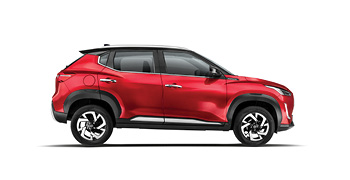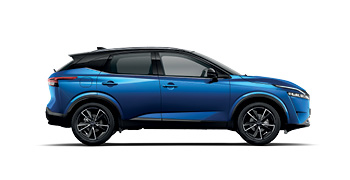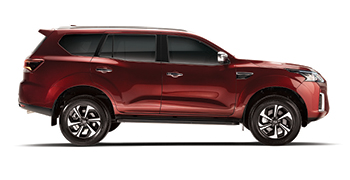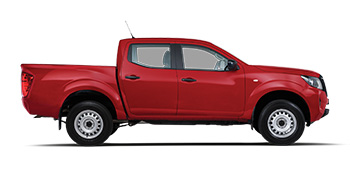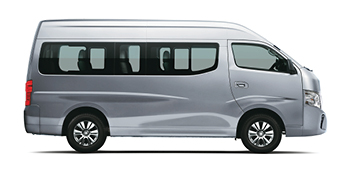THE SERVICE SECRETS EVERY OWNER NEEDS!
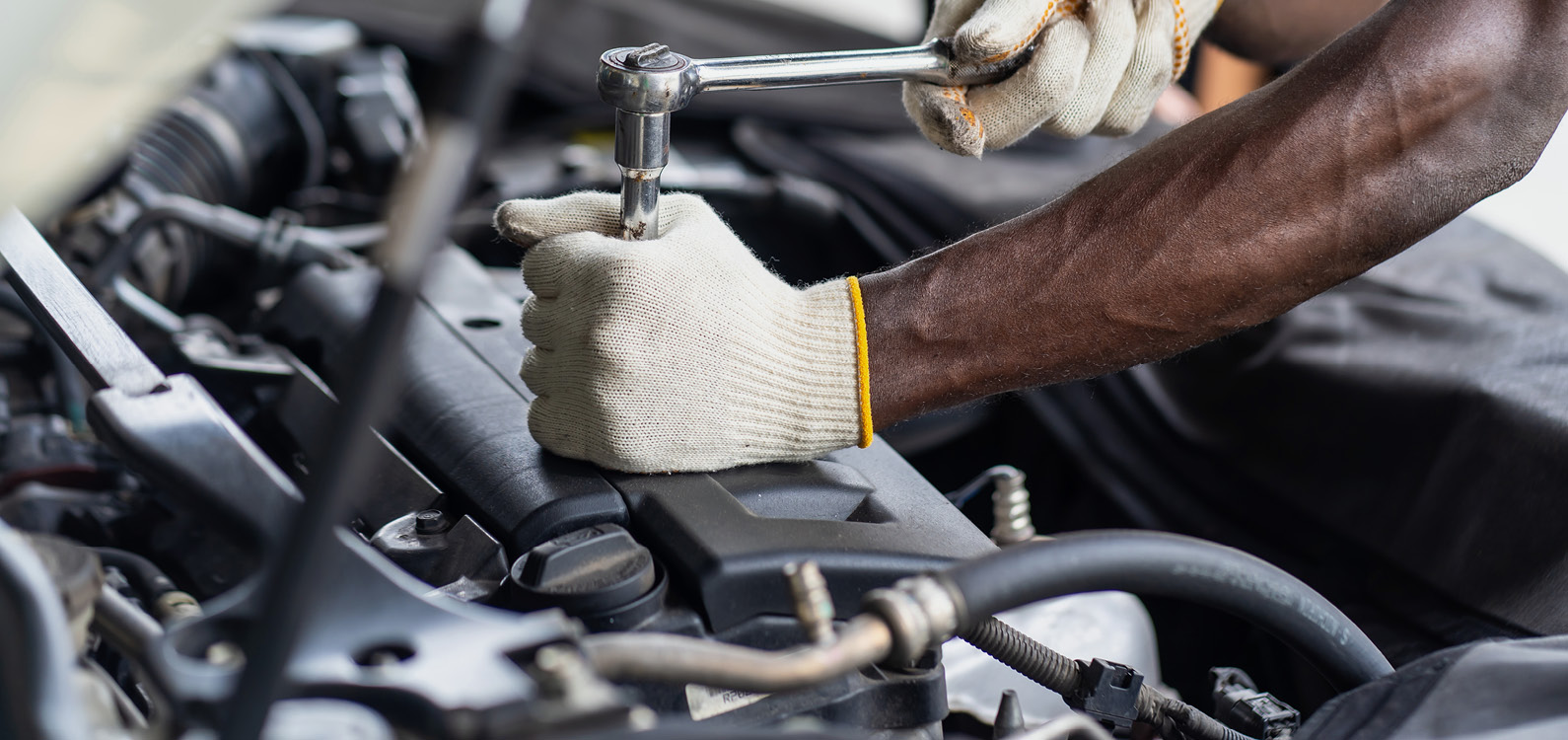
For Nissan owners across the diverse landscapes of Africa, understanding service intervals and key maintenance factors is paramount to ensuring your vehicle's longevity, reliability, and optimal performance. While a manufacturer's recommended schedule is your primary guide, the unique African driving conditions often necessitate a more proactive approach.
The Manufacturer's Baseline: Your Owner's Manual is Key
First and foremost, always consult your Nissan owner's manual for the specific service schedule recommended for your model. Nissan vehicles typically have service intervals based on mileage or time, whichever comes first. In many cases, this translates to:
- Minor Services: Often recommended every 15,000 km or yearly. These generally involve essential checks and replacements like engine oil and oil filters.
- Major Services: Usually scheduled every 30,000 km, 60,000 km, 90,000 km, and so on. These are more comprehensive, covering items like air filters, fuel filters, spark plugs, brake fluid, and extensive inspections of various vehicle systems.
- Specific Component Intervals: Items like cambelts, transmission fluid, and coolant have their own specific replacement intervals, which can vary significantly by model. For instance, cambelts might need changing at 90,000 km or after 6 years, while some modern vehicles have "lifetime" transmission fluid, though a change around 200,000 km is often recommended.
It's crucial to adhere to these intervals to maintain your vehicle's warranty and ensure its optimal functioning. Nissan South Africa, for example, offers service plans that align with these schedules, providing peace of mind and fixed costs for routine maintenance.

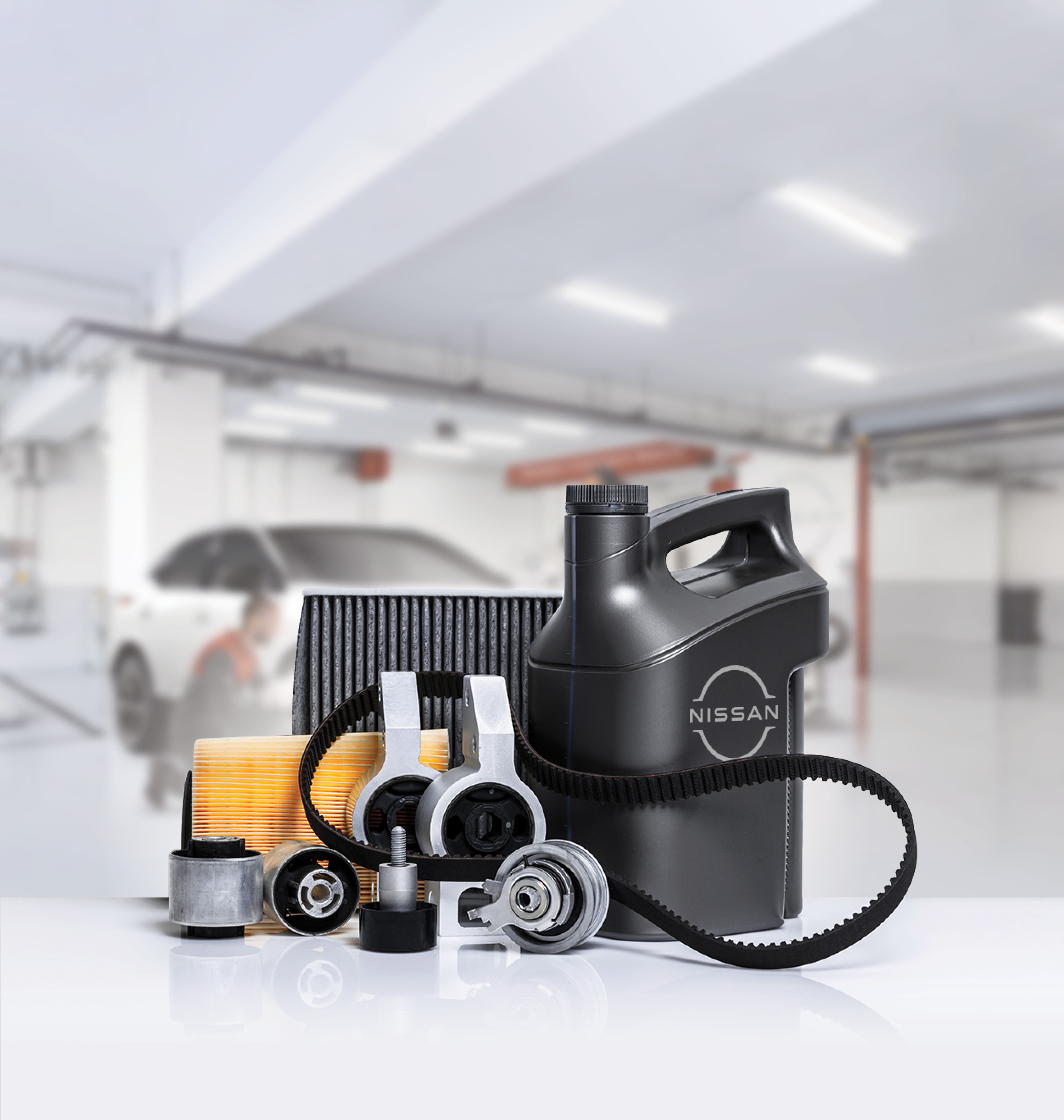
Key Factors Demanding More Frequent Servicing in Africa
While the general guidelines are a good starting point, the challenging driving conditions prevalent across much of Africa demand a more flexible and often more frequent service approach. Here are the key factors to consider:
1. Dusty and Unpaved Roads: Many African roads are unpaved, leading to significant dust exposure. This can severely impact:
- Air Filters: They will clog much faster, restricting airflow to the engine and reducing fuel efficiency and performance. More frequent inspection and replacement (e.g., every 5,000-7,500 km or 6 months) is highly advisable.
- Cabin Air Filters: These also become clogged quickly, affecting the air quality inside your vehicle.
- Suspension Components: Constant driving on rough terrain puts extra strain on shocks, struts, and other suspension parts, leading to accelerated wear. Regular inspections are critical.
2. Extreme Temperatures: Large parts of Africa experience extremely high temperatures. This can affect:
- Engine Oil: High temperatures can lead to faster degradation of engine oil. If you frequently drive in hot climates, consider more frequent oil changes, perhaps every 7,500 km or 6 months, even if your manual suggests longer intervals.
- Cooling System: The coolant needs to be in top condition to prevent overheating. Regular checks of coolant levels and condition, and timely flushes (e.g., every 2 years or 30,000 km, or more frequently if specified for severe conditions), are vital.
- Battery: High temperatures can shorten battery life. Regular battery checks are recommended.
3. Heavy Loads and Towing: If you frequently use your Nissan for carrying heavy loads or towing trailers/caravans, your vehicle is under increased stress. This falls under "severe driving conditions" and necessitates:
- More frequent oil changes.
- Earlier inspection and potential replacement of transmission fluid.
- Closer monitoring of brakes and tyres.
4. Stop-and-Go Traffic and Short Distances: Urban driving in heavy traffic, with frequent stopping and starting, also constitutes severe driving conditions. This can lead to:
- Increased engine wear: Especially if the engine doesn't reach optimal operating temperature frequently.
- Faster brake wear.
- More frequent oil changes.
5. Fuel Quality: While improving, fuel quality can still vary. Using lower quality fuel can impact fuel filters and engine performance. Consider more frequent fuel filter replacements if you often fuel up in areas where fuel quality is questionable.
6. Coastal and Humid Environments: In coastal areas, salt in the air can accelerate corrosion. High humidity can also affect brake fluid (which is hygroscopic and absorbs water).
- Brake fluid flushes: Consider doing these more frequently, perhaps annually or every 30,000 km, especially in humid conditions.
- Rust prevention measures: Regular washing and waxing, especially after driving near the coast, can help protect the vehicle's body



Beyond the Schedule: What to Look Out For
Even with a meticulous service schedule, pay attention to these warning signs that indicate your Nissan might need attention:
- Dashboard warning lights: Don't ignore them! They are your car's way of telling you something is wrong.
- Unusual noises or vibrations: Any new sounds or feelings should be investigated.
- Decreased fuel efficiency: A sudden drop in mileage can indicate an underlying issue.
- Difficulty starting the engine: This could point to battery, spark plug, or fuel system problems.
- Changes in braking performance: Squealing, grinding, or a spongy brake pedal require immediate attention.
- Fluid leaks: Regularly check for puddles under your car.
The Importance of Professional Servicing
In Africa, it's highly recommended to have your Nissan serviced by authorised Nissan dealerships or reputable, independent workshops that specialise in Nissan vehicles. They have:
- Trained technicians: Familiar with Nissan's specific requirements and technologies.
- Genuine Nissan parts: Ensuring compatibility and optimal performance. Using non-genuine parts can compromise your vehicle's safety, performance, and warranty.
- Specialised tools and diagnostic equipment: Essential for accurately identifying and resolving issues.
- Proper disposal of fluids and parts: Contributing to environmental responsibility.
In conclusion, while your Nissan's owner's manual provides the foundational service schedule, the unique driving conditions across Africa necessitate a more attentive and often more frequent approach to maintenance. By understanding the factors that accelerate wear and tear and by partnering with trusted service providers, you can ensure your Nissan remains a reliable and efficient companion on all your African adventures.
